Apparently, nothing is static, everything changes with time; similarly, tools and methods used in software development change with the advent of newer technologies. Software development nowadays is much easier than it was many years ago, thanks to the modern tools used by today’s developers.
Among the features to look out for when searching for the software dev. tools for your projects – include advanced bug and issue-tracking capabilities, automation, and collaboration links. Whether you’re a professional or an enthusiast software developer, front-end or back-end developer, these tools are a “must-have” as they’d help to make every process easier for you.
The 10 Must-Have Tools for Software Development
Come along with me as I walk you through the 10 best tools for software development now and beyond. These tools are top-notch and also used by Jelvix – Enterprise Software Development Company to deliver awesomeness to many of their clients. Agencies, teams, and freelance developers can leverage these tools to make software development processes seamless and more efficient than ever.
1. Bootstrap
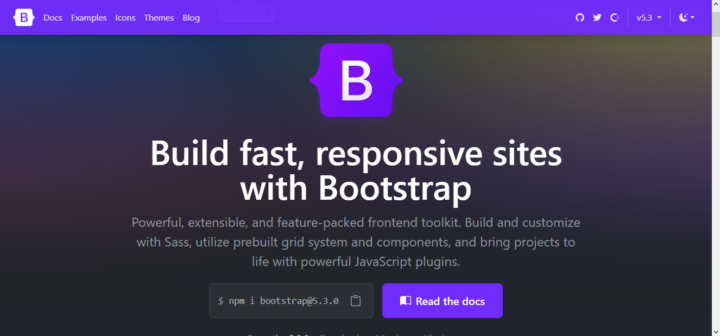
Bootstrap is a framework tool for front-end software developers who constantly handle HTML, Java, and CSS scripts/codes; it is literally the best responsive framework for front-end web and mobile app development. The good thing about Bootstrap is its ability to integrate with other development software apps and tools while remaining free to use.
As a feature-rich toolkit, Bootstrap offers a flexible and intuitive user interface – with an extensive icons library, and it is completely compatible with all web browsers. More so, Bootstrap is open source and free to use, which makes it ideal for beginner developers. This dev tool packs a plethora of HTML, CSS, and JavaScript-based design templates.
2. GitHub
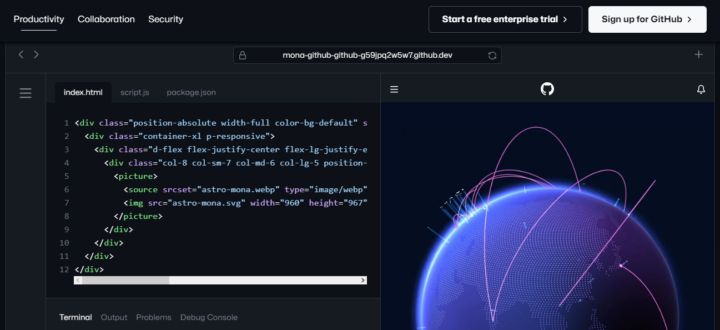
GitHub will always be relevant as a go-to resource and efficient collaboration platform for all kinds of developers. As a software developer, it is very much important that you have a GitHub account and associate with other developers alike. Actually, GitHub is a cloud-based SaaS platform that acts as a “social network for developers.”
On GitHub, you’d find any repository you need to take on software development jobs. Also, the platform offers many features and an intuitive interface. While not basically a tool, GitHub is an unbeatable resourceful platform for software developers. GitHub is free to access and used, but it has premium plans that unlock more features of the platform.
3. Docker
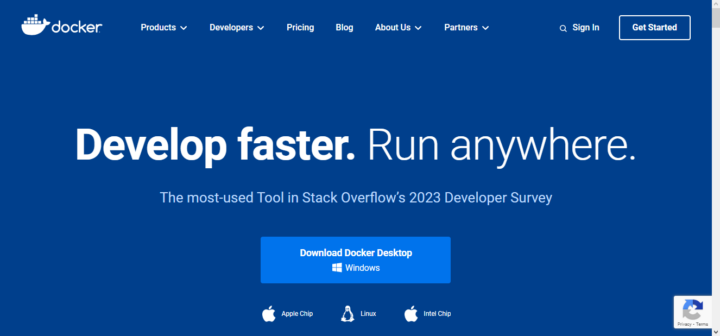
Docker is a PaaS tool that makes software deployment much easier and more flexible. It offers “Containers” that integrate all configurations and dependencies needed to run a software app smoothly. Using Docker, it’s also easy to transfer applications across servers without having to make too many reconfigurations on the host PC or server.
More so, Docker has a “Hub” that grants developers instant access to millions of public images, which can be integrated and used for most mainstream applications like Nginx and Apache servers. Docker runs smoothly on Windows and macOS-based systems; it eliminates the need for doing repetitive configuration tasks in software dev cycles.
4. Plaky
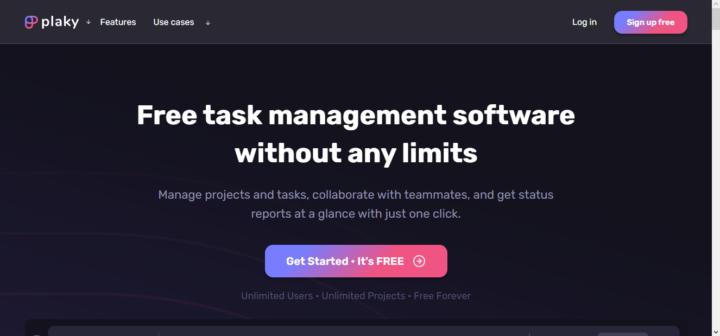
Software development teams need a project management tool to manage tasks efficiently, and that’s where Plaky comes in. Plaky is a completely free project management tool built for all types of teams; it comes with a swift interface and virtually anyone can easily understand how to navigate and use the app.
Plaky’s main focus is on task management and collaboration; with this app, software development teams can create and manage roadmaps, collaborate effectively, and stay on top of their game all through an app’s development lifecycle. In addition to being a free app, Plaky has customizable templates for creating roadmaps and product launch schedules.
5. Linx
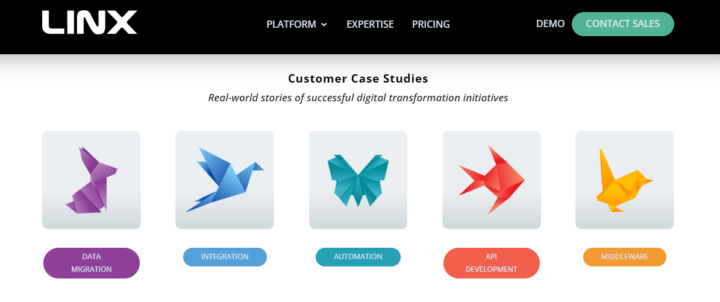
For backend developers, Linx is a multi-purpose, low-code developer platform that brings a lot of functionality to the table. The developer tool allows for cloud interaction, always-on integration, API development, automation, seamless migrations, and other functions. Linx has a handful number of pre-built plugins for web and mobile app development.
Also, the platform supports script and database services such as MSMQ, RabbitMQ, RESTful, Cron, and SOAP. The drag-and-drop workspace speeds up software development processes; plus, you can deploy your newly built apps on a Linx server in a few clicks. However, the paid features of Linx can be very expensive.
6. AWS Cloud9 IDE
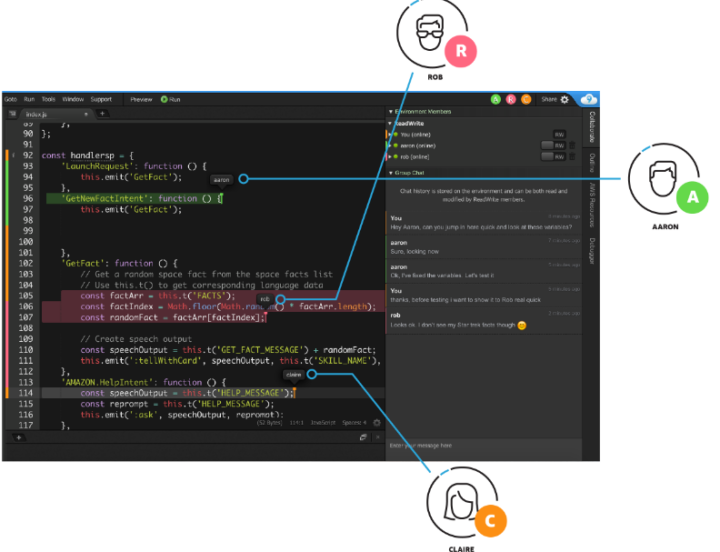
Similar to Microsoft’s Visual Studio IDE, Amazon’s AWS Cloud9 is an Integrated Development Environment for software developers. It provides a ton of coding productivity tools – including a source code editor, a debugger, and build tools. So, Cloud9 lets you write codes, debug them, and run them in one work suite.
The AWS Cloud9 IDE is web-based, which means you don’t need to install a client app, and it can run on virtually any web browser. Also, this tool integrates team collaboration features, which allows the development team to communicate and share important files efficiently throughout an SDLC (software development lifecycle) while having direct access to AWS services.
7. Studio 3T
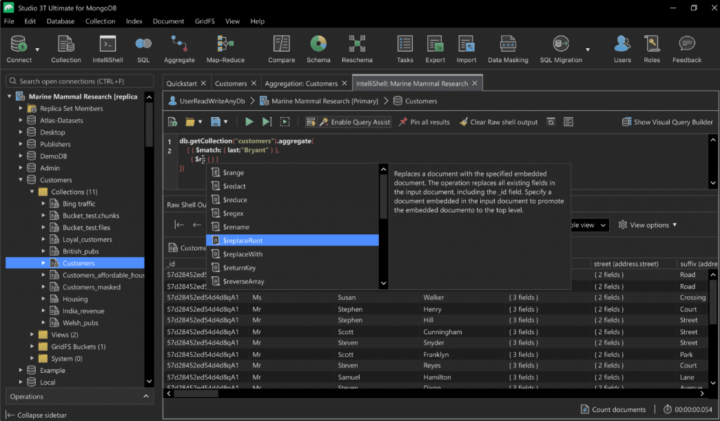
This is particularly recommended for developers that utilize the MongoDB platform. Studio 3T is a feature-rich, GUI-based IDE for MongoDB. With Studio 3T, you can build instant codes and develop rapid queries for MongoDB; these codes and queries can also be exported or imported in several formats.
Some useful tools available in Studio 3T include a Visual Query Builder, SQL query tool, IntelliShell, and a Data masking tool that allows data compliance with high security. You can also import JSON, CSV, SQL, and BSON/mongodump files. Plus, there’s a preview tool that lets you preview your documents as you make changes.
8. Quixy
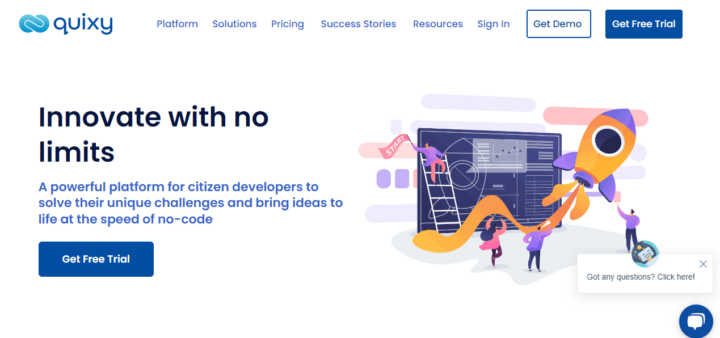
In recent times, no-code app development tools have continued to gain popularity and massive acceptance by advanced software development teams. Quixy is a no-code app development platform that offers a plethora of tools you can use to develop virtually any kind of business application solution.
The Quixy platform features a drag-and-drop UI builder that integrates many tools you could use to design any interface. Some advanced features include grid controls, facial recognition, sub-forms, QR code scanning, and an in-built preview engine. Quixy is an ideal tool for modern, futuristic developers.
9. Axure RP
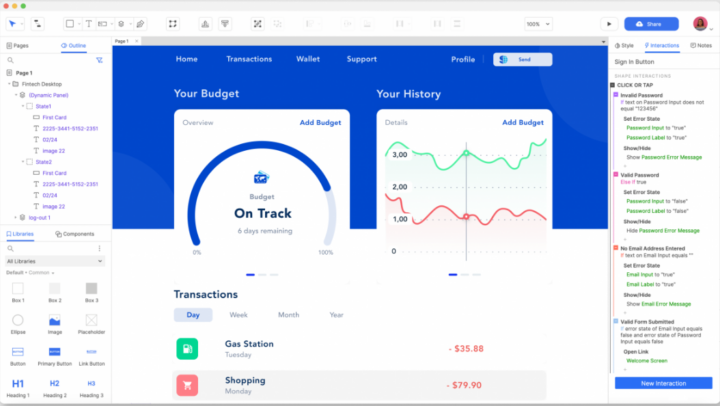
Software development teams can use Axure RP for prototyping and designing out specifications for web and mobile applications. Axure RP supports drag-and-drop placements, widgets formatting, and resizing prototypes as easily as never before. Asides from software development teams, freelance UI/UX developers can use Axure RP too.
Axure RP integrates with Microsoft Azure for cloud-based collaboration and sharing across platforms and devices. With Axure RP, you can use unlimited combinations of event triggers, actions, and conditions to create interactive UX prototypes and preview them. This is equally a no-code web-based prototyping tool for developers.
10. GeneXus
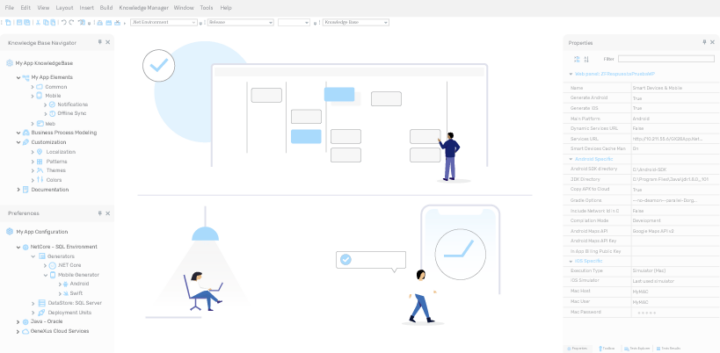
As an enterprise low-code software development platform, GeneXus is a software tool that allows DevOps to simplify the entire process of software development. It is a cutting-edge utility that runs with AI prompts.
The GeneXus software combines deterministic Code Generators with Generative AI and AI Assistants to revolutionize how software applications are being developed. With GeneXus, modern developers can leverage AI to automate and simplify app creation, evolution, and maintenance in multiple environments.
What More?
These are the top 10 must-have tools for programming and software development. Both freelance developers and enterprise development teams can make use of these applications as they are constantly updated to integrate more functions, features, and handy tools.




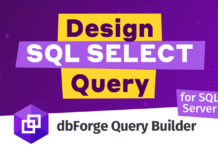






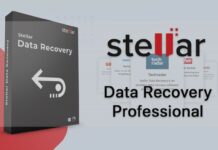






Wow, this is an incredibly insightful list of tools for software development! It’s evident that the industry is constantly evolving, and staying up-to-date with the latest tools is essential for any developer. I’ve already used a few of these tools, and they’ve significantly improved my productivity and code quality.